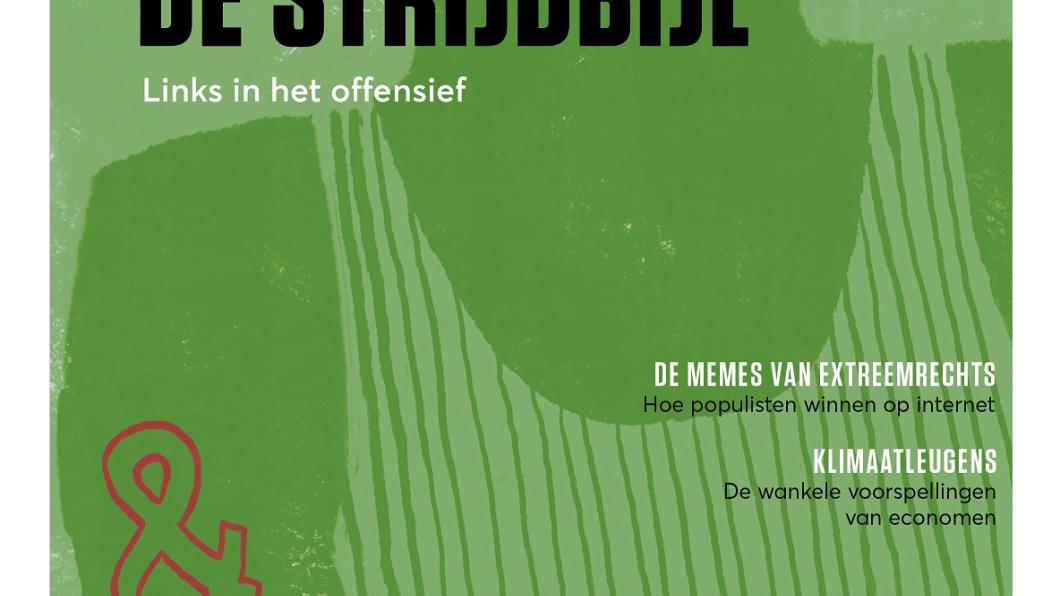Zoeken

De Helling lente 2024
De strijdbijl: links in het offensief
Selectief vergeten
In een tijd waarin de kloof tussen Europa en het mondiale Zuiden groot is, moeten we de vraag stellen waarom het kolonialisme geen deel uitmaakt van onze gemeenschappelijke herinneringscultuur.
Verzet tegen de noodtoestand
In een breed uitwaaierend boek houdt Jeremy Lent een vurig pleidooi voor het herontdekken van wat ons mens maakt: verbinding, samenwerking. Chris Peeters ziet er een mooie oproep in aan de linkse, idealistische burger om vooral aan de slag te gaan.
De strijd voor wat ons bindt
De belangen van het grote geld en van radicaal-rechtse partijen zijn onlosmakelijk met elkaar verbonden. Beiden zijn zij erop gericht ons als samenleving uit elkaar te spelen en de dingen die ons met elkaar verbinden op te knippen. Volgens Hans Rodenburg moet gemeenschapszin daarom dé kernwaarde zijn van het verhaal dat linkse partijen uitdragen.
Voor wie voeren we de klassenstrijd?
Na de afgelopen Tweede Kamerverkiezingen wordt het weer door veel mensen geroepen: links moet nadrukkelijker de klassenstrijd voeren. Échte klassenpolitiek die de 99 procent verenigt tegen het grote geld. Maar hoe ziet sociale klasse er anno 2024 eigenlijk uit in Nederland?
Webinar Video: Post-Growth Geopolitics
Gaya Herrington, Jesús Núñez and Richard Wouters discussed whether ecological and geopolitical security can be reconciled, at the launch of the Spanish version of the Green European Foundation's report on the geopolitics of post-growth. Watch the video.
Debating the D-word
How have Greens across Europe responded to and reinforced their defence and security thinking since Russia’s invasion of Ukraine? Where are the gaps, tensions, and key policy ideas? And what about the geopolitical power of a Europe beyond growth? The Green European Foundation launches two publications exploring green thinking on geopolitics, peace, and security.
Einde aan de lifestylepolitiek
Kun je ooit op de PVV hebben gestemd en nu Kamerlid zijn voor GroenLinks-PvdA?